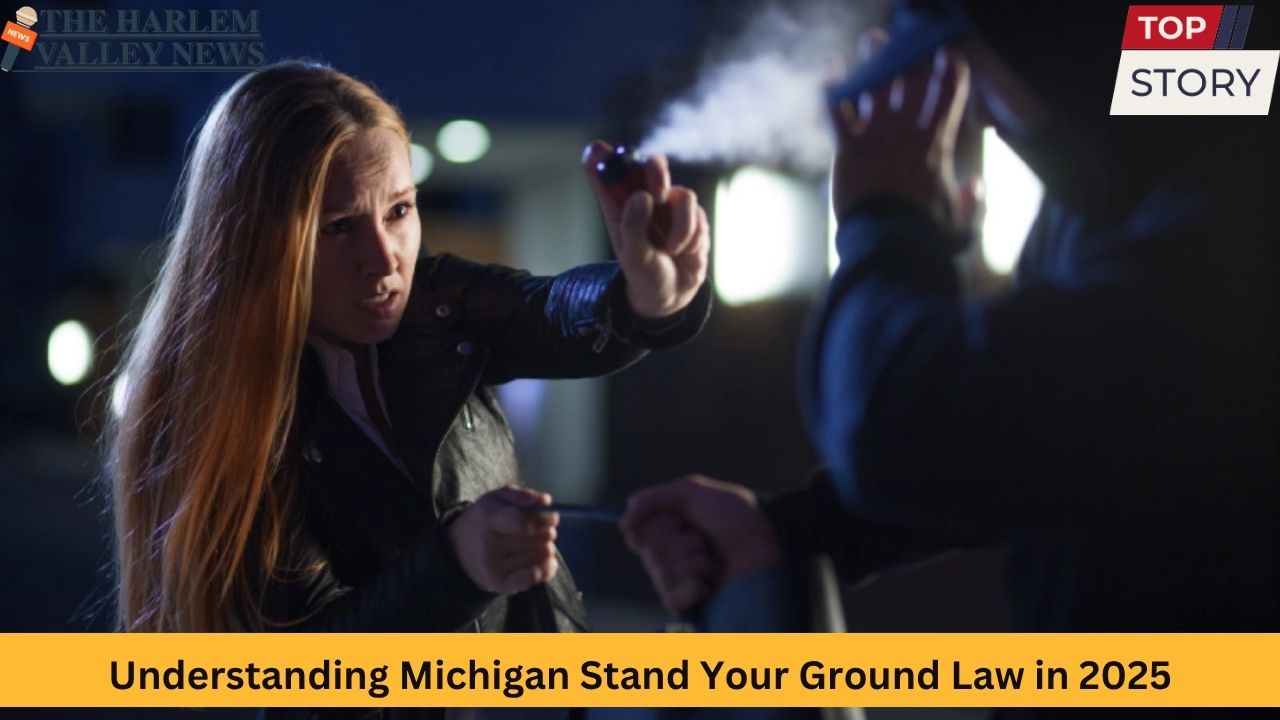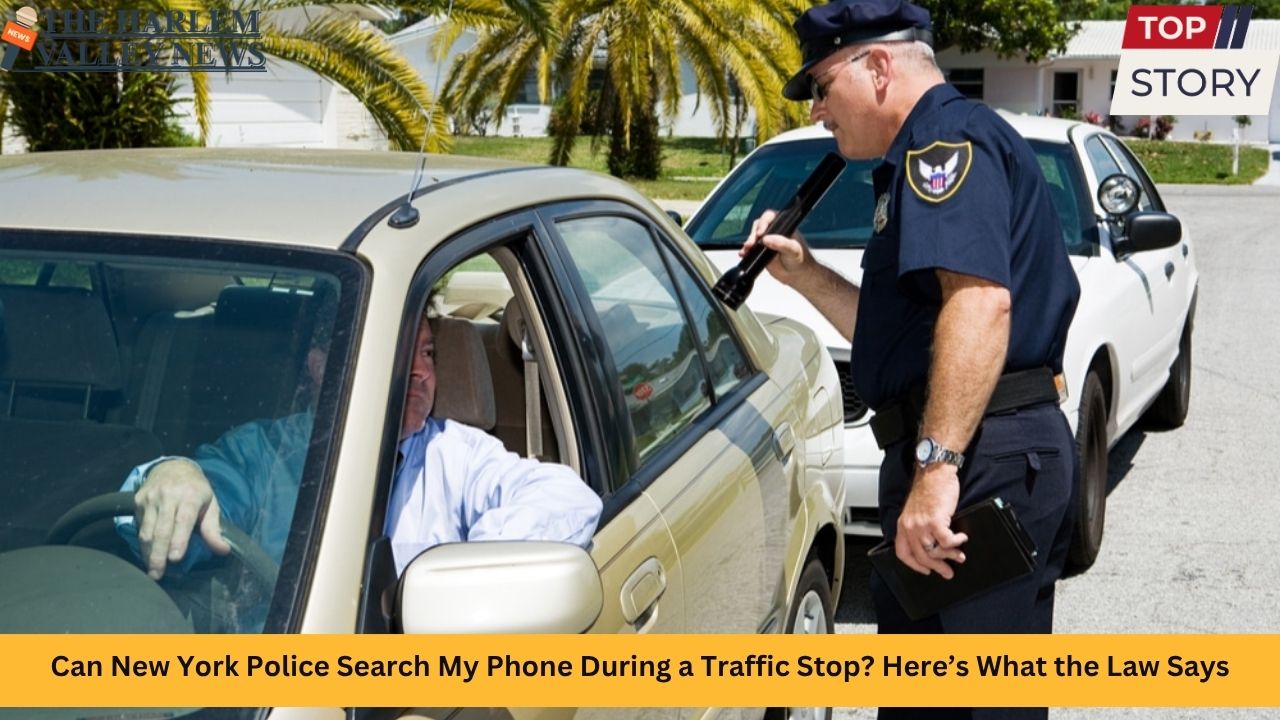The concept of self-defense is integral to American legal tradition, but how far can an individual go to protect themselves? In Michigan, the Stand Your Ground law clarifies this boundary, giving residents the right to defend themselves without retreating in areas where they have a legal right to be. As of 2025, this law continues to spark debate, drive policy, and influence daily life across Detroit, Grand Rapids, Lansing, Ann Arbor, Flint, and other cities. This comprehensive article explores the history, legal framework, statistics, societal impact, and practical considerations surrounding Michigan’s Stand Your Ground law.
What is a Stand Your Ground Law?
Stand Your Ground (SYG) laws eliminate a person’s legal obligation to retreat before using force for self-defense if they are in a place they have a right to be. This means if you confront a threat of serious harm or death, you can use force—even deadly force—without first attempting escape, provided your actions are reasonable under the circumstances.
The History of Stand Your Ground in Michigan
Michigan codified the Stand Your Ground principle in its Self-Defense Act of 2006. Before this, Michigan followed the “Castle Doctrine,” allowing self-defense without retreat only in one’s home. The SYG law extended these rights to any location where the person was lawfully present, including the bustling streets of Detroit, the college campuses of Ann Arbor, and the neighborhoods of Grand Rapids.
Michigan’s Self-Defense Act: The Core Provisions
Key details of Michigan’s Stand Your Ground law include:
-
No duty to retreat: A person is not required to retreat if attacked in a place where they have lawful right to be.
-
Reasonable belief: The use of force must be based on an honest and reasonable belief that it is necessary to prevent imminent death, great bodily harm, or sexual assault.
-
Non-deadly and deadly force: Both are covered, but deadly force has stricter requirements.
-
Protection from prosecution: Individuals using lawful self-defense are protected from criminal prosecution and civil suits, though law enforcement may still bring charges if actions are deemed unreasonable.
Duty to Retreat: Old vs. New Rules
Old Rule: Under the old law, except when in one’s own home, Michiganders had a duty to attempt retreat if threatened.
New Rule: Since 2006, in public locations—like downtown Lansing, a Flint shopping mall, or hiking trails in Traverse City—there is no required retreat prior to using necessary force in self-defense.
Key Cases and High-Profile Incidents in Michigan Cities
Since its passage, several high-profile cases in cities like Detroit, Warren, and Kalamazoo have brought attention to the law. Some have involved homeowners confronting intruders, while others have occurred during carjackings or assaults on public transit.
-
Detroit’s neighborhood incidents often involve home invasions, where residents have invoked Stand Your Ground successfully.
-
Grand Rapids has seen disputes spilling out from nightclubs or sporting events turn into self-defense claims.
-
In Ann Arbor, legal debates have arisen over campus confrontations.
Important Statistics: Trends Since Enactment
Research shows that Stand Your Ground states like Michigan have seen some measurable changes since enacting these laws:
-
SYG laws are linked nationally with a 7.8% to 8% increase in monthly homicide and firearm homicide rates.
-
In states similar to Michigan, some studies report increases in non-suicide gun deaths since adoption.
-
Michigan cities have seen variable impacts—Detroit has particularly high rates of firearm-related incidents, while Lansing and Ann Arbor report fewer Stand Your Ground cases.
-
Across the U.S., estimates suggest SYG laws contribute to at least 30 additional deaths monthly and increased emergency room visits for firearm injuries.
Notably, these effects are not uniform: for example, Ann Arbor and East Lansing, with their large student populations and lower violent crime rates, see fewer incidents compared to Detroit or Flint.
The Impact in Major Michigan Cities
Detroit
Detroit, Michigan’s largest city, accounts for a disproportionate number of self-defense shootings. Urban neighborhoods with higher crime rates see more frequent invocation of Stand Your Ground, with outcomes often dependent on the circumstances and evidence.
Grand Rapids
With a growing population and revitalized downtown, Grand Rapids has experienced several self-defense claims in both residential break-ins and public altercations.
Flint
Flint’s ongoing economic challenges correlate with elevated rates of violent incidents, leading to more self-defense claims, particularly in home invasion scenarios.
Lansing
Lansing’s statistics show fewer reported Stand Your Ground cases, but the law remains central in self-defense classes and public safety education across the city.
Ann Arbor
The law is sometimes debated in university settings, especially regarding campus policies and student safety.
Public Opinion and Controversies
The law garners passionate local debate. In 2025, public opinion in Michigan is split:
-
Supporters argue that Stand Your Ground empowers law-abiding citizens, particularly in high-crime areas, to protect themselves.
-
Critics contend that the statute can encourage unnecessary violence, escalate confrontations, and result in avoidable deaths, particularly among minorities and in disputes that might otherwise be de-escalated.
Protests and town hall meetings have occurred in cities such as Detroit and Flint, with activists raising concerns about racial disparities and “shoot first” culture.
9. Demographic and Social Effects
Studies on Michigan and other SYG states find:
-
An increase in homicides among white males since Stand Your Ground adoption.
-
No clear evidence that the law deters burglaries or robberies.
-
Reports of racial and gender disparities in both the application of the law and the outcomes of self-defense claims.
-
Urban areas like Detroit and Flint experience different outcomes compared to suburbs or college towns, suggesting local context is key.
What Stand Your Ground Means for Firearm Owners
For Michigan’s 2.5 million gun owners (nearly a third of all households), the Stand Your Ground law has specific implications:
-
Residents in cities like Warren and Sterling Heights are increasingly participating in firearm safety and legal education programs.
-
Gun ranges in Lansing and Ann Arbor offer classes focused on legal aspects of self-defense, emphasizing the importance of understanding when deadly force is justified.
Comparing Michigan to Other States
Twenty-six U.S. states have some form of Stand Your Ground law as of 2025. Michigan stands out for:
-
Covering both deadly and non-deadly force.
-
Robust public education initiatives in major cities.
-
Ongoing debates about the law’s impact on crime rates, with mixed findings.
While states like Florida have seen more prominent cases and larger spikes in homicide rates, Michigan’s increases have been moderate, according to most studies.
Criticisms and Calls for Reform
Key criticisms in Michigan include:
-
Potential for escalation: Critics argue that SYG laws can encourage aggressive rather than defensive behavior, making violence more likely in public disputes.
-
Racial Disparities: Data and high-profile cases have raised concerns in Detroit, Flint, and elsewhere about disproportionate impacts on people of color.
-
Lack of deterrence: Studies repeatedly find no substantial evidence that these laws reduce overall crime rates.
Some legislators and activist groups in Lansing and Detroit are pushing for amendments or repeal, advocating for a return to a “duty to retreat” standard in public.
Practical Tips: What Residents Need to Know
For those living or working in Michigan in 2025, understanding Stand Your Ground is essential:
-
Always Act Reasonably: Force—especially deadly force—must be genuinely necessary and justifiable, both in the eyes of the law and reasonable observers.
-
Location Matters: The law only applies if you are in a place you are legally allowed to be. Illegal activities void your protection.
-
Call Authorities: Even after acting in self-defense, immediately contact law enforcement.
-
Legal Representation: Always seek legal counsel after any self-defense incident.
-
Community Resources: Many Michigan police departments now offer public workshops and literature, particularly in Grand Rapids, Kalamazoo, and Ann Arbor.
Final Thoughts
Michigan’s Stand Your Ground law remains a dynamic force shaping self-defense rights, policing practices, and public safety debates statewide. From the bustling avenues of Detroit to the serene neighborhoods of Traverse City, the law empowers citizens, but also demands a high level of responsibility and awareness.
In 2025, as conversations about crime, justice, and personal safety continue, all Michiganders are urged to stay informed, participate in constructive dialogue, and understand the profound consequences—both positive and negative—of the Stand Your Ground statute. Whether championed as a shield for the innocent or critiqued as enabling violence, this law touches every city, suburb, and small town, leaving a legacy that will echo into Michigan’s future.
















Leave a Reply